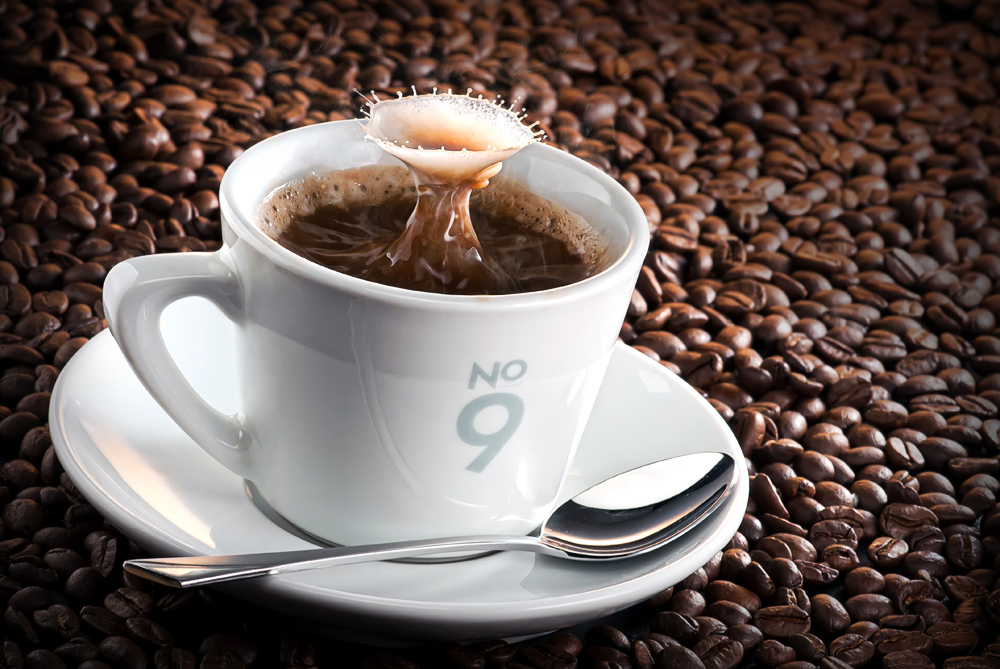Caffeine May Perk Up Your View of the World

Caffeine may make the world seem like a better place, helping people spot positive words, researchers have found.
Past research has found that people are faster and more accurate at recognizing positive words such as "happy" than negative words such as "mad," and similar effects are seen with pictures and sounds. This emotional bias is curious, given how people are equally good at remembering both positive and negative details of an event, such as words, pictures and sounds.
"What causes this difference?" said researcher Lars Kuchinke, an experimental psychologist at Ruhr University in Germany.
To see what triggers this positivity advantage, the researchers decided to experiment with caffeine. Caffeine helps lead to faster responses and fewer errors in simple mental tasks, and one might expect it would help people recognize both positive and negative words. [10 Ways to Keep Your Mind Sharp]
Scientists asked 66 volunteers to decide as fast and accurately as possible whether strings of letters they saw on computer screens were real words or not. Half the volunteers were given a lactose pill that had no effect on results, while the other half were given tablets containing 200 milligrams of caffeine 30 minutes before testing, equivalent to about two or three cups of coffee.
The investigators found volunteers who consumed caffeine tablets were more accurate by up to 7 percent at recognizing positive words than other words, with no effect seen when it came to emotionally neutral or negative words. This reveals that although caffeine improves some mental functions, "the present study shows that this may be specific for certain types of stimuli, like only positive words," Kuchinke told LiveScience.
Prior studies have shown caffeine probably stimulates the central nervous system by increasing activity of the brain chemical dopamine, which is linked with rewards, creativity, impulsivity and addiction. Since caffeine seemed to boost the positivity advantage, these findings suggest the root of the positivity advantage may rest in dopamine.
Sign up for the Live Science daily newsletter now
Get the world’s most fascinating discoveries delivered straight to your inbox.
Future research might see if brain scans can verify this link with dopamine, and might also test if caffeine helps people better recognize positive faces or pictures.
Kuchinke and colleague Vanessa Lux detailed their findings online Nov. 7 in the journal PLoS ONE.
Follow LiveScience on Twitter @livescience. We're also on Facebook & Google+.










